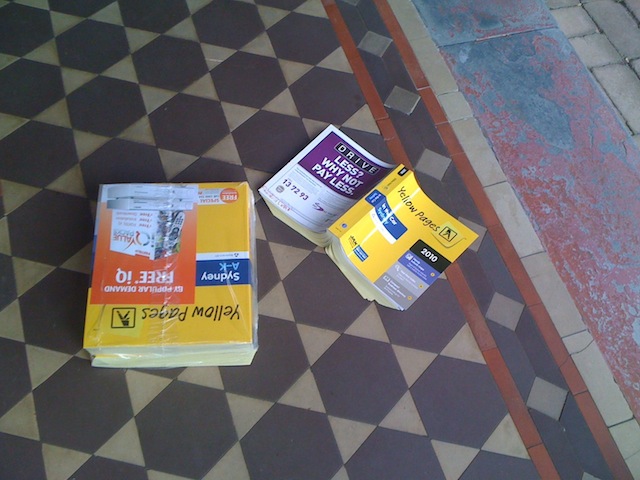How one company blew nine billion dollars in shareholders’ equity is a business lesson on the value of timing and wise management.
As a rule, telecommunications executives are an arrogant bunch and none are more so than Sol Trujillo – formerly of American West, French provider Orange and finally Telstra, Australia’s incumbent telecommunications operator.
History shows that Telstra’s board, largely made up of dim-witted political appointees, had little idea of what they were getting when they hired Trujillo in 2005 but they soon found out as the brash American’s less than diplomatic style quickly alienated politicians and industry commentators alike.
Trujillo though wasn’t particularly concerned about the sensibilities of passes for Australia’s business and political elites, he was happier to take on bigger players on the global stage and one of those was Google.
Google Schmoogle
Like telcos and media companies around the world in the mid-2000s, Telstra had a problem with its directories business as the World Wide Web was eroding the value of the Yellow and White Pages franchises.
At the time many analysts were agitating for Sensis, Telstra’s directory division, to be sold off as a separate business. In 2005 it was valued at ten billion dollars which was a tidy sum for the telco as it rolled out its Next G network.
Trujillo though had a better idea – Sensis would claw back the market by taking Google on with their own search engine.
Sensis Search was born in November 2005 and the Telstra CEO dismissed questions about the wisdom of taking on the search engine giant with the comment, “Google Schmoogle.”
Three years later, Telstra quietly accepted defeat with Sensis CEO Bruce Akhurst announcing a ‘commercial agreement’ with Google.
Nielsen NetRatings at the time showed Google search being used by 9.3 million Australians compared to just 184,000 users for Sensis Search.
In Telstra’s 2008 annual report, Sensis earned 2.1 billion dollars. On a 2.5x valuation, the division was worth five billion to Telstra’s shareholders at the time the search engine was closed down..
The Dying Yelp
Despite the setback, Sensis was able to struggle along for another decade on the back of its strong cashflow and legacy market position although income was steadily falling.
In a desperate attempt to shore up its declining revenues, the company picked up the failed digital ventures of Australia’s newspaper duopoly and licensed operations from overseas startups like Yelp!
Few of these acquisitions made sense and none of them were properly integrated into the declining directory media business.
Finally a year ago, Sensis admitted they live in a digital era with Managing Director John Allen admitting what most industry observers knew a decade earlier;
Until now we have been operating with an outdated print-based model – this is no longer sustainable for us. As we have made clear in the past, we will continue to produce Yellow and White Pages books to meet the needs of customers and advertisers who rely on the printed directories, but our future is online and mobile where the vast majority of search and directory business takes place.
But it was all too late, the market had been lost along with the bulk of shareholders’ equity.
Today Telstra announced a 70% sale of Sensis to US based Platinum Equity for $A454 million. The value of the entire business being $650 million – 7% of the division’s value nine years ago.With over nine billion Aussie dollars squandered on hubris and a failure to recognise a changed market place, Sensis stands as a good example of how valuable timing and good management are in business.Sol Trujillo though did very nicely, and the dim witted men who sat on Telstra’s board in 2005 will never be called to account for wasting so much of their shareholders’ money.

Leave a Reply